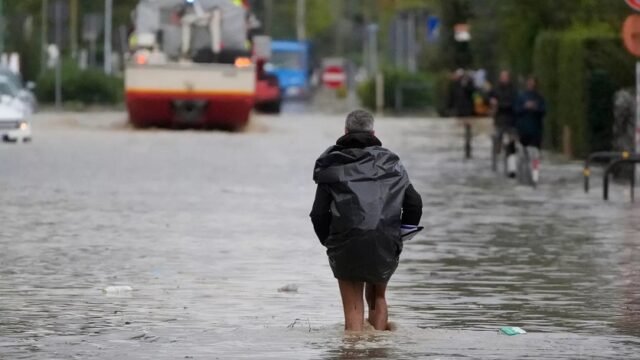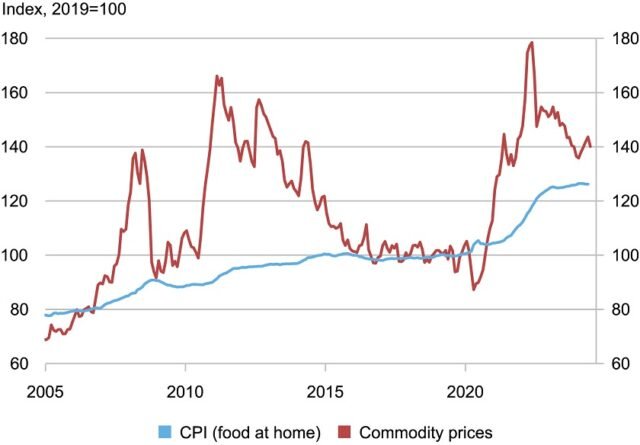Europe Faces Record Heatwaves in 2025: Climate Crisis Hits Harder Than Ever
In the summer of 2025, Europe is grappling with one of the most intense and widespread heatwaves in recorded history. From Spain to Germany, temperatures have soared well beyond seasonal averages, setting alarming new records and reigniting urgent conversations about climate change.
Record-Breaking Temperatures Across the Continent
Several countries across Western and Southern Europe have experienced unprecedented heat levels this June. In Spain, cities like Seville and Córdoba have seen daytime highs pushing 47°C (116.6°F), while parts of southern France reported temperatures over 44°C (111.2°F). Even typically mild regions such as the UK and Germany have not been spared, with temperatures in London and Berlin reaching into the high 30s.
Meteorologists are calling it a “supercharged heatwave,” intensified by prolonged drought conditions and high-pressure systems lingering over the continent.
“This is not just a one-time anomaly,” says Dr. Laurent Besset, a climate researcher at the University of Geneva. “We are witnessing the direct consequences of long-term global warming patterns that have been building for decades.”
Real-Life Impact: Health, Economy, and Infrastructure
The impact of this heatwave is being felt in nearly every aspect of daily life. Health officials across Europe have issued red alerts, warning citizens — especially the elderly, children, and those with pre-existing conditions — to stay indoors during peak hours and stay hydrated.
Hospitals in Italy, Portugal, and Greece have reported a spike in heat-related illnesses. In some regions, emergency services have been overwhelmed by calls related to heatstroke and dehydration.
Meanwhile, the extreme heat is also putting massive pressure on energy infrastructure. Air conditioning usage has surged, leading to blackouts and power rationing in parts of Eastern Europe. Crops such as wheat, olives, and grapes are also suffering under the intense sun, raising fears of food price inflation later this year.
Climate Change or Just Weather?
While skeptics may argue that heatwaves are part of natural weather cycles, scientists emphasize that the frequency, intensity, and duration of recent heat events are directly linked to human-driven climate change.
A recent report by the European Environment Agency warns that Europe is warming at twice the global average. Melting glaciers, shrinking rivers, and declining biodiversity are becoming more visible with each passing year.
“What’s most concerning is the speed at which these changes are occurring,” explains Dr. Besset. “We are running out of time for mitigation and must now focus equally on adaptation.”
Government Responses: Are They Enough?
Governments across Europe have implemented temporary measures — such as opening public cooling centers, distributing free bottled water, and adjusting work hours for outdoor laborers — but experts say these are short-term fixes to a long-term crisis.
In Brussels, the European Parliament is fast-tracking new legislation that would impose stricter emissions targets and expand green infrastructure. Still, many environmental groups argue that the pace of political action remains too slow.
“The climate crisis is no longer about future generations. It’s affecting people right now, in real time,” said Greta Thunberg during a press briefing in Stockholm earlier this week. “We cannot afford more delays.”
Final Thoughts
As Europe swelters through what may be its hottest summer ever, one thing is increasingly clear: climate change is not a distant threat—it’s a present-day emergency. The 2025 heatwave is not just a weather story. It’s a wake-up call for individuals, industries, and governments to act with greater urgency.
With more heatwaves likely in the months and years ahead, how Europe responds today may define the future of the continent — and the planet.










